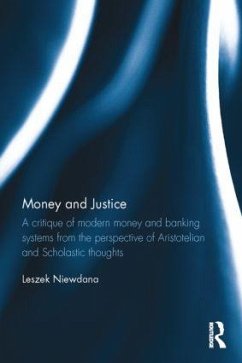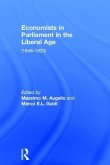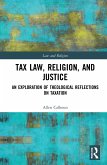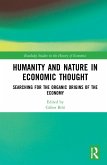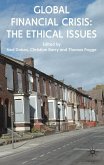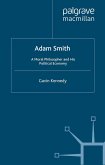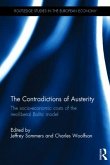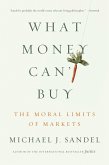Money has always represented power. For Aristotle, this power was inseparable from the exercise of justice within a community. This is why issuance of money was the prerogative of the lawful authority (government). Such a view of monetary power was widespread, and includes societies as distant as China. Over the past several centuries, however, private interests increasingly tapped into the exercise of the money power. Through gradual shifts, commercial banks have gained a legally protected right to create money through issuance of debts. The aim of this book is to unravel various layers hiding the real workings of modern money and banking systems and injustices ingrained in them. By asking what money really is, who controls it and for what purpose (why), the book sheds insight into understanding of modern money and banking systems, as well as the causes of growing financialization of economies throughout the world, money manias and economic instability. The book also increases the awareness of injustices hidden in the workings of modern money and banking systems and the need for moral underpinnings of such systems. Finally, it suggests a money system which could immensely improve human, economic, and ecological conditions.

